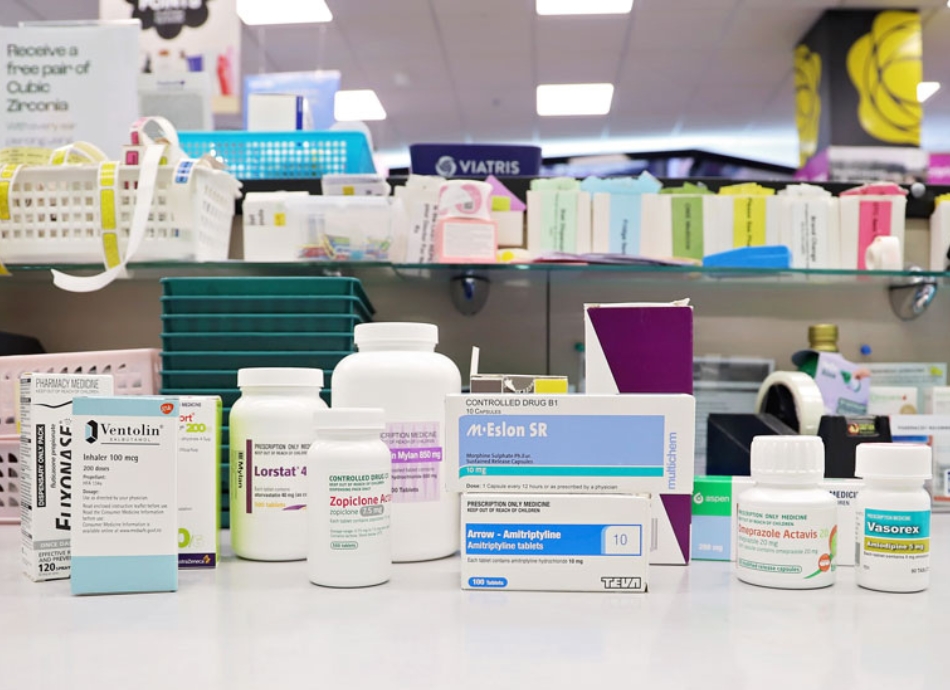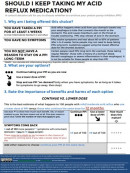Polypharmacy is the term used to describe taking a large number of medicines (usually more than 5) regularly.
People with many health conditions often need to take more medicines. This is why older adults are more likely to experience polypharmacy, as they tend to have more long-term conditions and are often prescribed many medicines.
Other factors contributing to polypharmacy are:
- Availability of medicines: The development of new medicines for different conditions has benefited many people, but it can also lead to overuse and inappropriate use of medicines.
- Side effects: Medicines can cause side effects that may need to be managed or that appear similar to symptoms of another illness. You may be prescribed another medicine to treat these symptoms, creating the chance of more side effects and interactions between medicines.
- Self-prescribed medicines: Over-the-counter medicines and supplements can also be inappropriately used when they are taken without advice from a healthcare provider, or overused if they're taken when they're not necessary.









